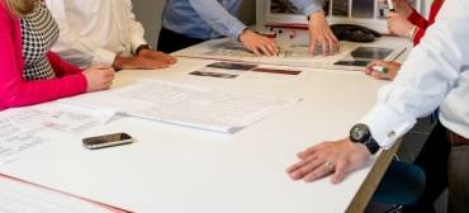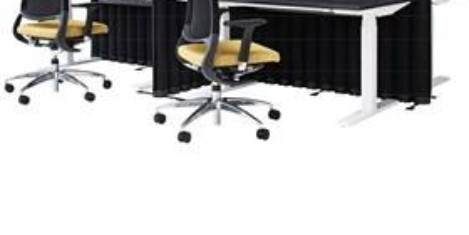May 7, 2015
Learning needs to be linked to overall business strategies says the CIPD
 The CIPD has warned that Learning and Development (L&D) professionals need to link learning more directly to their organisation’s business strategies. This follows the results of its annual L&D survey which found that by limiting their focus to learner and manager feedback, just 7 per cent of L&D professionals evaluate the impact of their initiatives on the business. This lack of evaluation can contribute to skills gaps being undetected, particularly in the use of new learning technologies such as Gamification. The CIPD is urging L&D professionals to look beyond trainee satisfaction and measure initiatives in terms of how they add value to the organisation and society in general. This latest research follows the publication of a report by Skillsoft last week which revealed that 55 per cent of employers admitted they were more likely to recruit externally to address skills shortages.
The CIPD has warned that Learning and Development (L&D) professionals need to link learning more directly to their organisation’s business strategies. This follows the results of its annual L&D survey which found that by limiting their focus to learner and manager feedback, just 7 per cent of L&D professionals evaluate the impact of their initiatives on the business. This lack of evaluation can contribute to skills gaps being undetected, particularly in the use of new learning technologies such as Gamification. The CIPD is urging L&D professionals to look beyond trainee satisfaction and measure initiatives in terms of how they add value to the organisation and society in general. This latest research follows the publication of a report by Skillsoft last week which revealed that 55 per cent of employers admitted they were more likely to recruit externally to address skills shortages.
































May 7, 2015
Understanding and overcoming the objections to sit stand workstations
by Marc Bird • Comment, Furniture, Wellbeing, Workplace design
(more…)